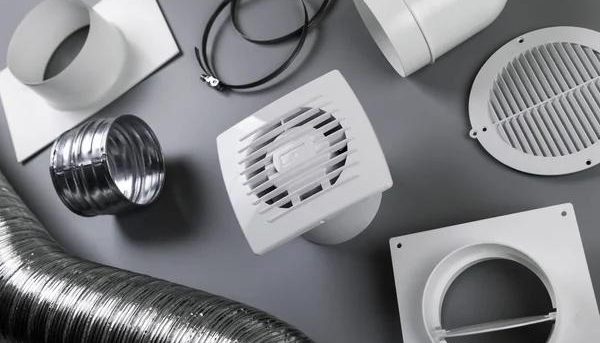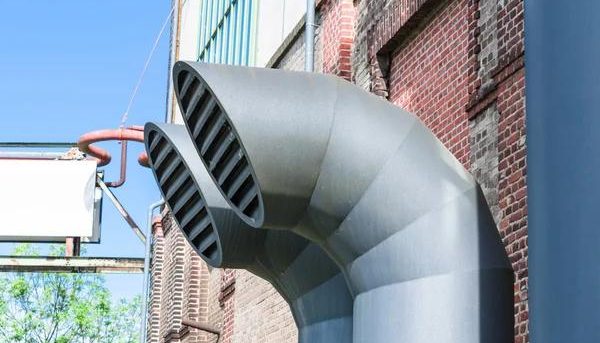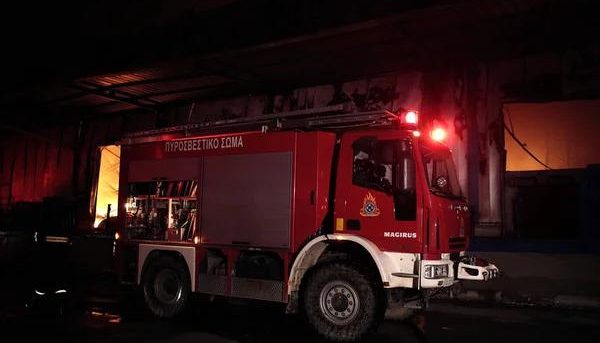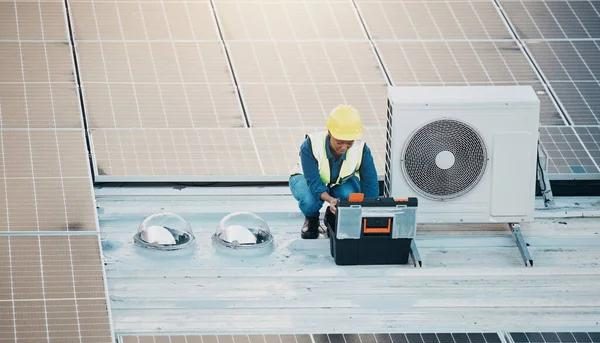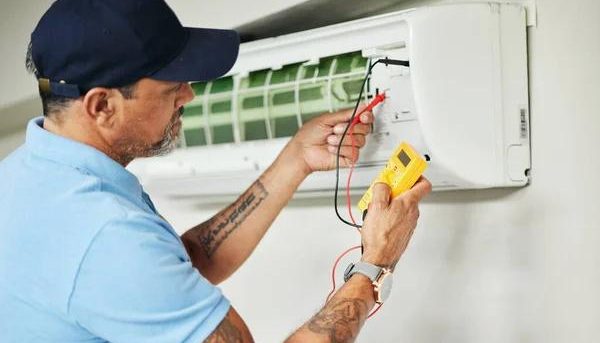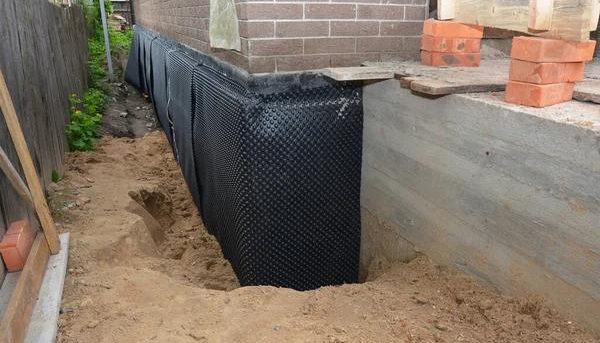In recent years, the emergence of private Instagram viewers has sparked a growing debate surrounding their ethical implications. These tools enable users to bypass privacy settings and view content from private Instagram accounts without the account holder’s consent. As social media becomes an increasingly integral part of our lives, concerns about privacy and data security have intensified, making this issue particularly relevant.
Proponents of private Instagram viewers argue that they serve legitimate purposes. For instance, parents might use them to monitor their children’s online activities, ensuring their safety in a digital world fraught with potential dangers. Similarly, employers may wish to verify the social media presence of potential hires as part of background checks. In these contexts, advocates claim that such tools can provide valuable insights and protection.
However, opponents raise significant ethical concerns regarding these practices. At the heart of the debate is the violation of personal privacy. When individuals set their accounts to Private ig viewer on platforms like Instagram, they do so with the expectation that only approved followers will access their content. Bypassing these settings undermines user autonomy and erodes trust in digital platforms.
Furthermore, critics highlight issues related to consent and transparency. Private Instagram viewers operate covertly; users whose profiles are viewed may never know they’ve been accessed by unauthorized parties. This lack of transparency raises questions about informed consent—a cornerstone principle in ethical considerations across various domains.
The legality of using such tools also remains murky at best. While some jurisdictions have laws protecting online privacy rights more robustly than others, enforcement is often inconsistent or lagging behind technological advancements. This legal gray area adds another layer to the ethical dilemma faced by users considering employing these viewers.
Moreover, there are broader societal implications tied to normalizing surveillance culture through these technologies. If accessing someone’s private information without permission becomes commonplace or accepted practice due simply because it’s technologically feasible—what does this mean for future norms around digital ethics?
As debates continue over how much control individuals should have over who accesses their data versus legitimate needs for oversight under specific circumstances—the development community finds itself grappling with where boundaries ought lie ethically when designing new features aimed at enhancing connectivity while safeguarding user interests simultaneously.
In conclusion: navigating rapidly evolving landscape requires balancing competing priorities carefully—from respecting individual rights protectively guarding against misuse potentially harmful consequences if left unchecked entirely unregulated manner moving forward responsibly addressing challenges posed ever-changing tech environment essential maintaining integrity within interconnected global society today tomorrow alike!


